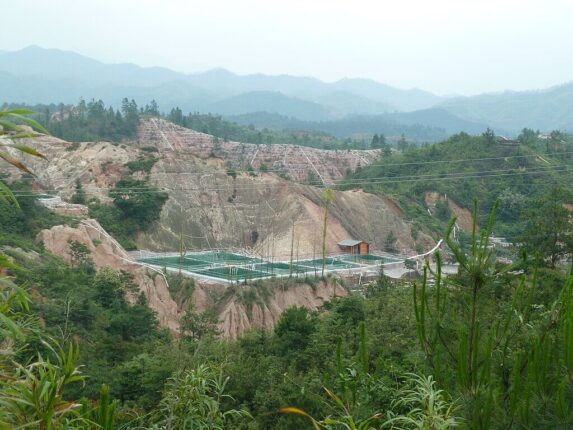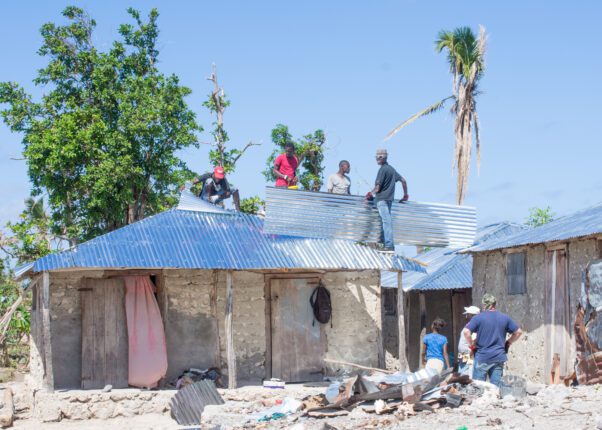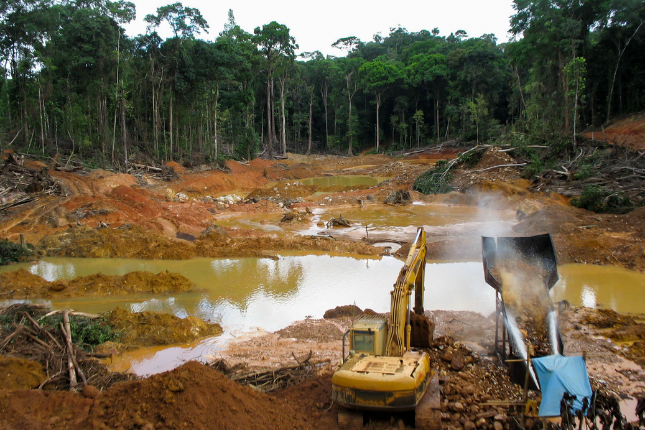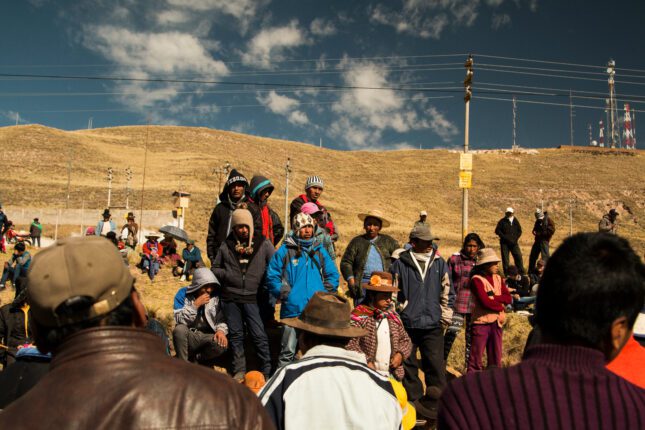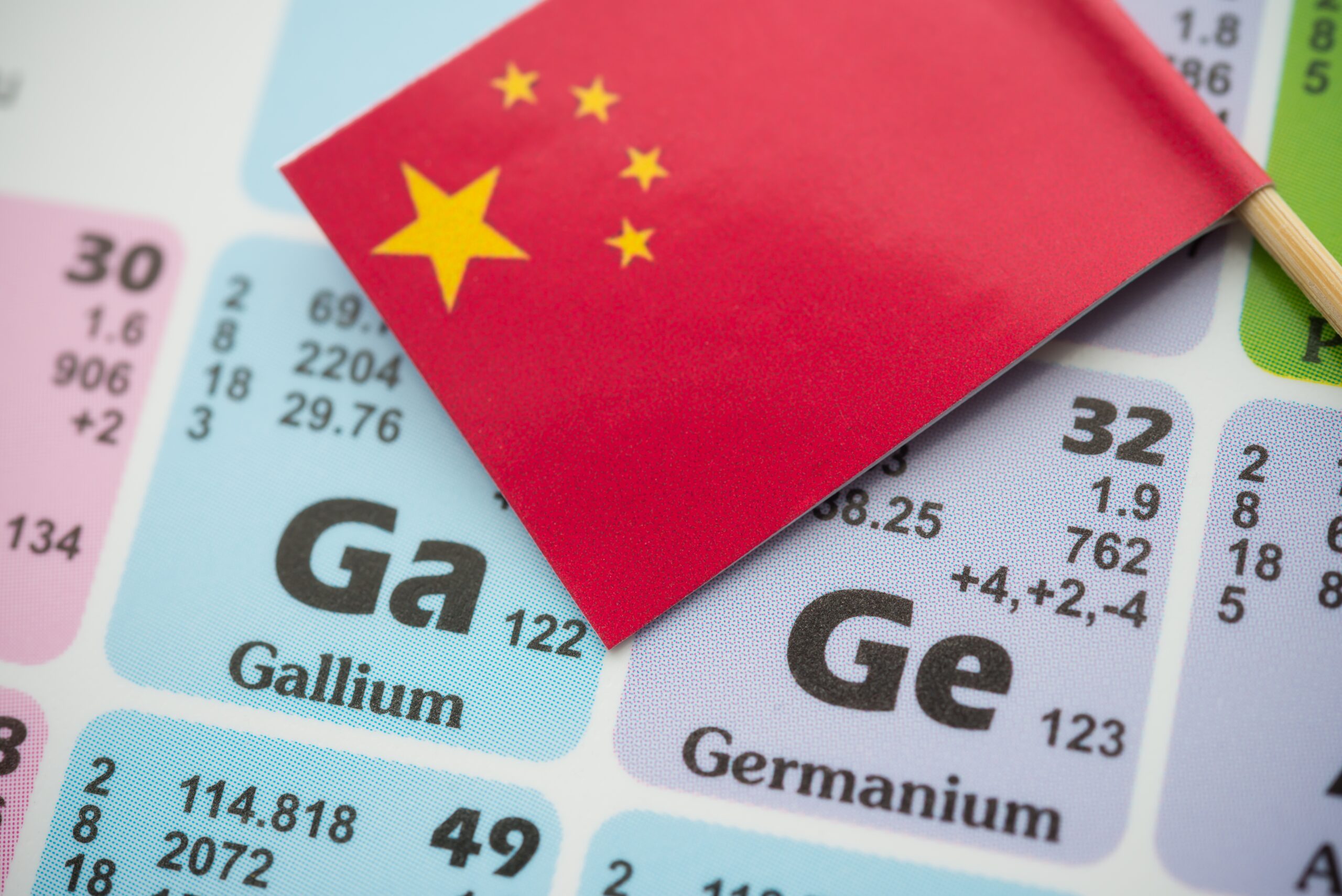-
Environmental Security Weekly Watch: September 1-5, 2025
›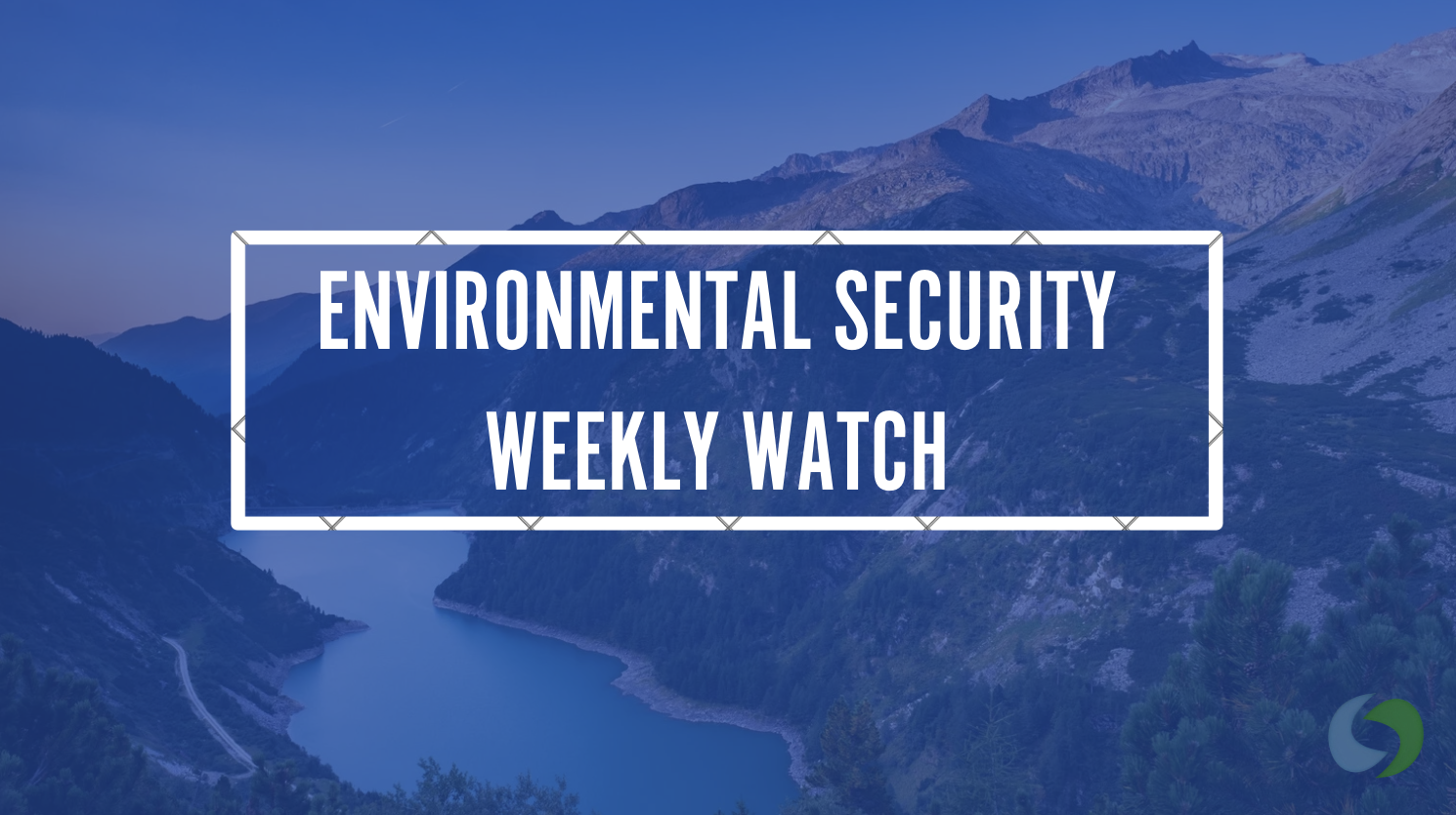
A window into what we’re reading at the Stimson Center’s Environmental Security Program
Chinese Company Accused of Covering Up Extent of Major Toxic Mining Spill in Zambia (Associated Press)
In February, a dam collapse at Chinese-owned Sino-Metals Leach Zambia copper mine released toxic waste into the Kafue River, which provides water for over half of Zambia’s 21 million people. An independent investigation by South African company Drizit found that 1.5 million tons of toxic material were released in the spill, which is 30 times more than Sino-Metals admitted to spilling. When Drizit’s investigation was set to reveal extensive contamination verified through 3,500 samples, Sino-Metals terminated their contract one day before the final report was due.
-
Environmental Security Weekly Watch: August 11-15, 2025
›
A window into what we’re reading at the Stimson Center’s Environmental Security Program
The Mining Town Funding Congo’s Rebels and Tech Giants (Reuters)
In April 2024, the M23 rebel group seized control of Rubaya, a mining town that produces 15% of the world’s coltan—a critical mineral worth used in mobile phones, computers, and aerospace components. Rebels imposed a parallel administration in the town, and placed a 15% tax on mineral traders that generates $800,000 monthly from levies. Thousands of impoverished miners in the town, however, still work 12-hour shifts in dangerous conditions earning just $5.15 per day.
-
Northern Myanmar’s Rare Earths Are Shaping Local Power and Global Competition
›August 4, 2025 // By Amara Thiha
This article is adapted from “Rare Earths and Realpolitik: Kachin Control, Chinese Calculus, and the Future of Mediation in Myanmar,” written by Amara Thiha for the Stimson Center.
As global powers race to secure critical minerals, Myanmar’s rare earths have emerged as both prize and flashpoint. Last week, Reuters reported that the Trump administration has been privately reviewing competing proposals to access Myanmar’s heavy rare earth minerals, including potential engagement with Myanmar’s military junta and direct negotiation with the Kachin Independence Army (KIA), an ethnic armed group that now controls key extraction sites. Since the February 2021 military coup, rare earth mining has surged in northern Kachin State near the Chinese border, where the KIA has seized highly valuable rare earth mines and a critical corridor in the global supply chain. What began as a local insurgency has evolved into resource-backed diplomacy, drawing in China, India, and now the United States.
-
Environmental Security Weekly Watch: July 28-August 1, 2025
›
A window into what we’re reading at the Stimson Center’s Environmental Security Program
Low Political Will and Depleted Supplies: Inside Iran’s Water Crisis (The New York Times)
Water shortages are a day-to-day reality for many Iranians, as reservoirs shrink, taps run dry for hours, and water pressure remains so low that it doesn’t reach above the second floor. This acute water crisis is driven by a confluence of climatic changes and poor water policies, as Iran’s five-year drought has combined with overdevelopment, excessive dam development, and draining groundwater for agriculture to push already dwindling supplies to the brink.
-
In the Wake of a Tropical Cyclone: Turning to Violence or Building Peace?
›
“It seems like the news is always bad, right?” observed retired climate and atmospheric scientist James Kossin in a BBC interview last autumn.
Kossin was describing how climate change is weakening the wind shear patterns that have helped lessen the impacts of tropical cyclones in the United States. And, indeed, there is mounting evidence for his observation.
-
Environmental Peacebuilding: The Year in Review and the Year Ahead
›
As 2025 marches into its third month, the governance challenges that accompany rising demand for natural resources are not only on the front burner—they are proliferating—and becoming entangled with the drivers of conflict and cooperation.
The heated competition for resources has bubbled up in a proposed billion-dollar deal for Ukrainian minerals now making global headlines. The view that critical minerals like lithium, manganese, and others could become bargaining chips in potential peace talks demonstrates how central they’ve become to global competition—and to the economic and political future of countries around the world.
-
High Standards in Mineral Supply Chains: A Business Case
›
Much of the current narrative surrounding critical minerals puts speed and competition in the foreground. Yet the how of mining matters immensely to create and maintain stable mineral supply chains. Reliable and diversified supply chains create win-win scenarios for all stakeholders by incorporating best-in-class environmental standards and true community partnerships.
-
Let’s Make Critical Mineral Lists More Useful!
›In December 2024, China banned exports of gallium, germanium, and antimony to the United States. Prices for these critical minerals soon reached all-time highs. The ban emphasized China’s dominance over the sector, including practically the entire graphite supply chain, 87% of rare earths refining, 70% of cobalt refining, and 60% of battery-grade lithium refining.
Showing posts from category minerals.



